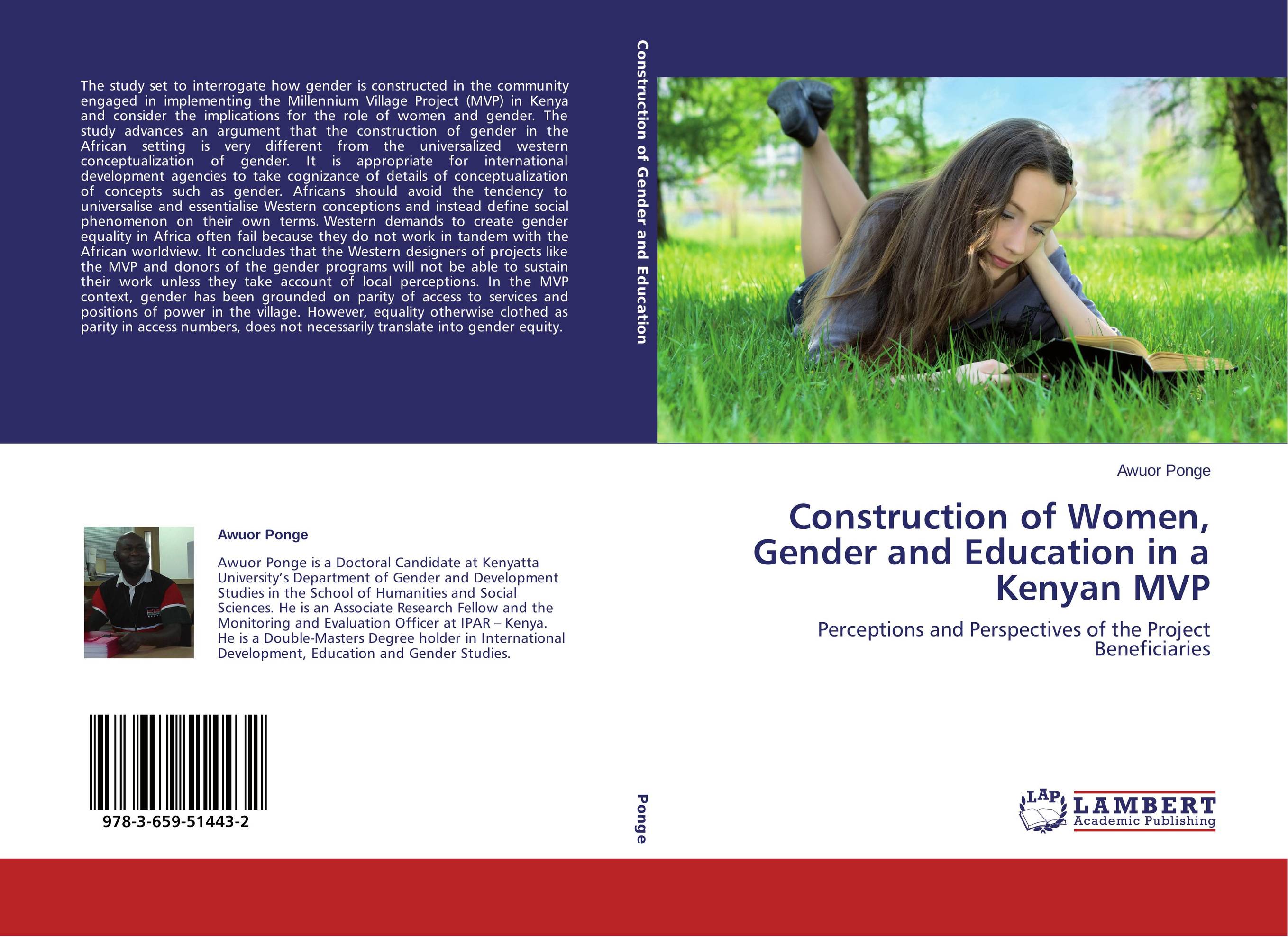| Поиск по каталогу |
|
(строгое соответствие)
|
- Профессиональная
- Научно-популярная
- Художественная
- Публицистика
- Детская
- Искусство
- Хобби, семья, дом
- Спорт
- Путеводители
- Блокноты, тетради, открытки
Construction of Women, Gender and Education in a Kenyan MVP. Perceptions and Perspectives of the Project Beneficiaries

В наличии
| Местонахождение: Алматы | Состояние экземпляра: новый |

Бумажная
версия
версия
Автор: Awuor Ponge
ISBN: 9783659514432
Год издания: 2014
Формат книги: 60×90/16 (145×215 мм)
Количество страниц: 104
Издательство: LAP LAMBERT Academic Publishing
Цена: 32031 тг
Положить в корзину
| Способы доставки в город Алматы * комплектация (срок до отгрузки) не более 2 рабочих дней |
| Самовывоз из города Алматы (пункты самовывоза партнёра CDEK) |
| Курьерская доставка CDEK из города Москва |
| Доставка Почтой России из города Москва |
Аннотация: The study set to interrogate how gender is constructed in the community engaged in implementing the Millennium Village Project (MVP) in Kenya and consider the implications for the role of women and gender. The study advances an argument that the construction of gender in the African setting is very different from the universalized western conceptualization of gender. It is appropriate for international development agencies to take cognizance of details of conceptualization of concepts such as gender. Africans should avoid the tendency to universalise and essentialise Western conceptions and instead define social phenomenon on their own terms. Western demands to create gender equality in Africa often fail because they do not work in tandem with the African worldview. It concludes that the Western designers of projects like the MVP and donors of the gender programs will not be able to sustain their work unless they take account of local perceptions. In the MVP context, gender has been grounded on parity of access to services and positions of power in the village. However, equality otherwise clothed as parity in access numbers, does not necessarily translate into gender equity.
Ключевые слова: Kenya, Gender, construction, MDGs, Education, Millennium Villages, women



